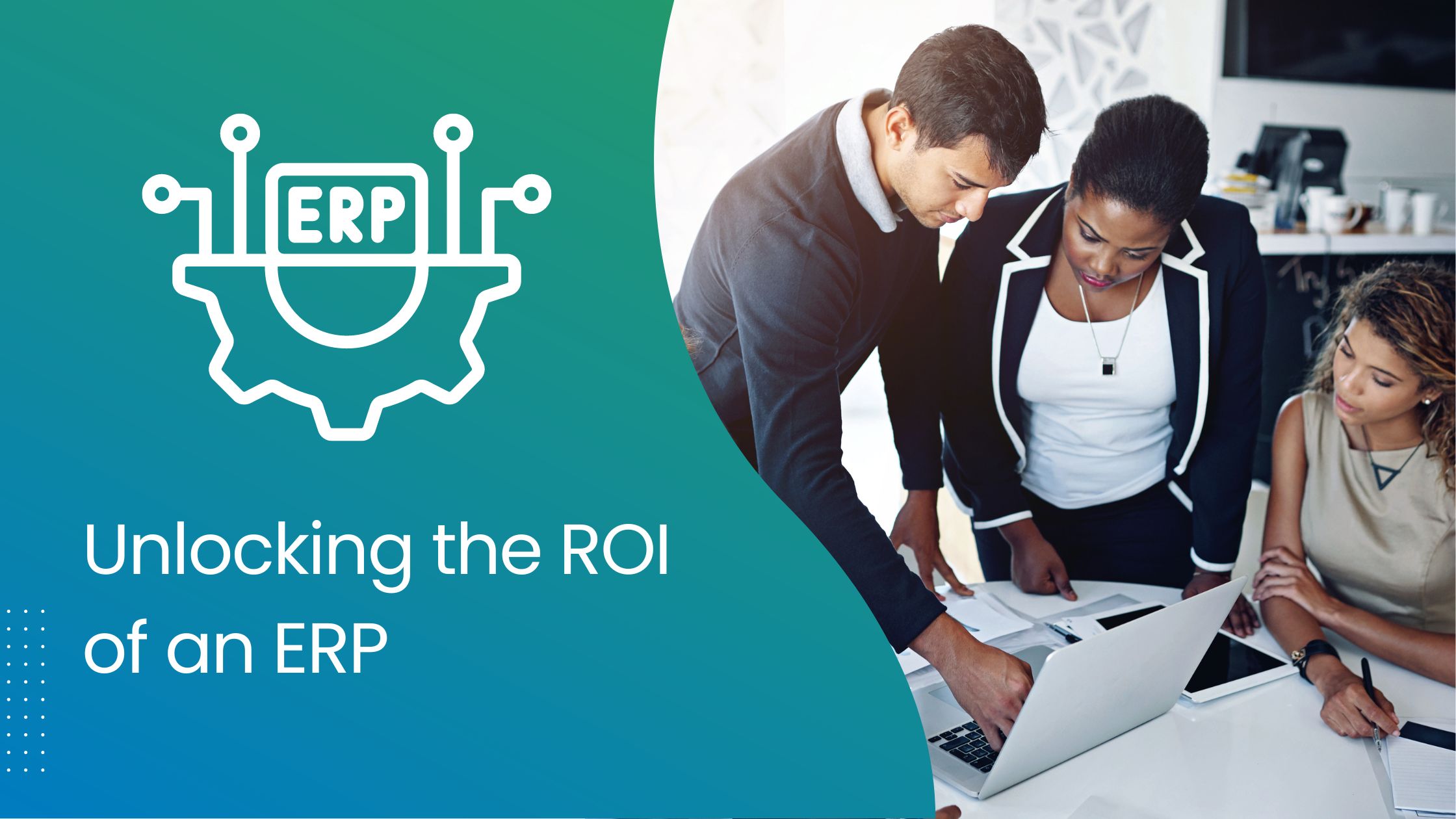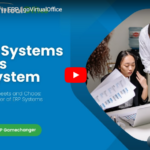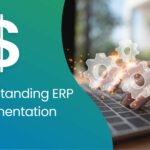In a world where data is king and agility reigns supreme, Enterprise Resource Planning (ERP) systems stand as the knights of modern business. They're the chivalrous solutions that streamline operations, unify information, and unlock hidden realms of revenue. Picture your business as a kingdom; the ERP is your Excalibur, ready to help you conquer challenges and lead your industry with strategic prowess. Yet, many CEOs, CFOs, CIOs, and COOs hesitate to fully grasp the ROI potential of this digital weapon. In this comprehensive guide, we'll unveil the ROI potential of ERP systems and how their adoption can lead to palpable financial and strategic victories.
Understanding ERP and Its Benefits
At its core, an ERP system is a suite of integrated applications that an organization can use to collect, store, manage, and interpret data from many business activities. The benefits of such a system are as vast as the data it manages. For CFOs, it's about the numbers – an ERP can significantly decrease costs through improved operational efficiency and better financial data visibility. CEOs and COOs, on the other hand, look at the bigger picture; how the ERP can align various departments and business strategies for optimized growth. CIOs see the ERP as a lofty fortress, safeguarding critical data and IT investments of the kingdom. The common ground? ROI. It's the treasure these leaders seek as they venture into an ERP implementation.

Factors Influencing the ROI of an ERP
The return on investment of an ERP implementation is influenced by various factors. These include the initial investment, the total cost of ownership over time, the efficiency gains from streamlined processes, reduced labor costs, and the impact on customer satisfaction. For instance, a well-implemented ERP can mean faster order fulfillment leading to happier customers and higher retention rates. Real-time data insight available at the push of a button empowers faster, more accurate decision-making, reducing the lag between strategy and execution. Increased productivity and less time spent in manual data management are just the beginning of the cost-saving adventures an ERP can enable.
The Currency of ROI: Case Studies and Real-Life Examples
Numbers don't lie, and when it comes to ERP ROI, they are the ultimate proof. Take the case of a midsize manufacturing company that experienced a 25% reduction in inventory costs due to better demand forecasting post-ERP implementation. Or the retailer that saw a 30% increase in sales after streamlining their supply chain with an ERP. These testimonials are the quantifiable evidence that an ERP is not an expenditure but rather an investment – an investment in growth, in efficiency, and in dominance within your industry.
Maximize your ERP ROI! Contact our ERP specialists today to start your journey towards greater efficiency and growth.
Navigating the Adoption Process
The path to an ERP's promised ROI isn't always a straight line. Navigating the adoption process involves meticulous planning, efficient change management, and unwavering vigilance over project scope and timeline. The first step is conducting a thorough needs analysis of your business to identify areas an ERP can improve. Customizations and module selections then tailor the ERP to fit your unique business requirements. Training your team, effectively managing organizational changes, and providing post-implementation support are vital for a successful transition. By staying the course and ensuring the ERP aligns with your business's vision, you set sail for a destination rich with ERP ROI.

Enhancing SEO with an ERP
Your digital presence is the new realm of competitive warfare, and an ERP can serve as your technological catapult. With features to manage content, analyze marketing data, and optimize e-commerce platforms, an ERP contributes significantly to your online visibility and SEO strategy. Improved keyword targeting, streamlined content management, and better e-commerce tracking all propel your online performance and attract the digital foot soldiers that are your customers.
In Conclusion, An ERP's Promise
The potential of an ERP system to revolutionize a business's operations and unlock unseen opportunities for growth is nothing short of transformational. For midsize businesses, the ROI of an ERP is a direct line to financial prosperity, market leadership, and future stability. But remember, a leap into the world of ERPs isn't one to be taken lightly. It requires strategic planning, thorough understanding of the tool, and an unwavering commitment to the adjustment of business processes. The ROI of an ERP isn't just a calculation on a page; it's the sum of countless strategic advantages that, when brought online, can multiply the strategic worth of your business in ways you might not yet have imagined.
Want to learn more? Attend our live webinar!
goVirtualOffice | Encoursa™
Frequently Asked Questions (FAQ)
What is ERP ROI?
Answer: ERP ROI (Return on Investment) measures the financial benefits gained from implementing an ERP system compared to its costs.
How can ERP systems improve ROI?
Answer: ERP systems improve ROI by streamlining operations, reducing costs, improving data accuracy, and enhancing decision-making processes.
What factors influence ERP ROI?
Answer: Factors include initial investment, total cost of ownership, efficiency gains, reduced labor costs, and improved customer satisfaction.
How long does it take to see ROI from an ERP implementation?
Answer: The time to see ROI varies but typically ranges from 6 months to 2 years, depending on the complexity and scale of the implementation.
Can small businesses achieve high ROI with ERP systems?
Answer: Yes, small businesses can achieve high ROI by optimizing processes, reducing manual work, and gaining real-time insights.
What are common challenges in achieving ERP ROI?
Answer: Challenges include high initial costs, resistance to change, insufficient training, and poor project management.
How can we measure the ROI of an ERP system?
Answer: ROI can be measured by comparing pre- and post-implementation metrics such as cost savings, productivity improvements, and revenue growth.
What are the hidden costs that can affect ERP ROI?
Answer: Hidden costs include ongoing maintenance, additional training, customization, and integration with other systems.
Can ERP systems provide non-financial ROI benefits?
Answer: Yes, ERP systems provide non-financial benefits like improved data accuracy, better compliance, enhanced collaboration, and increased customer satisfaction.
How important is user training in maximizing ERP ROI?
Answer: User training is crucial for maximizing ERP ROI as it ensures employees can effectively use the system, leading to better adoption and utilization.
Discover How the Chicago Wine Company Boosted ROI with ERP!
Unlock your business potential just like the Chicago Wine Company. Implementing our ERP system transformed their operations and significantly increased their ROI.

)





